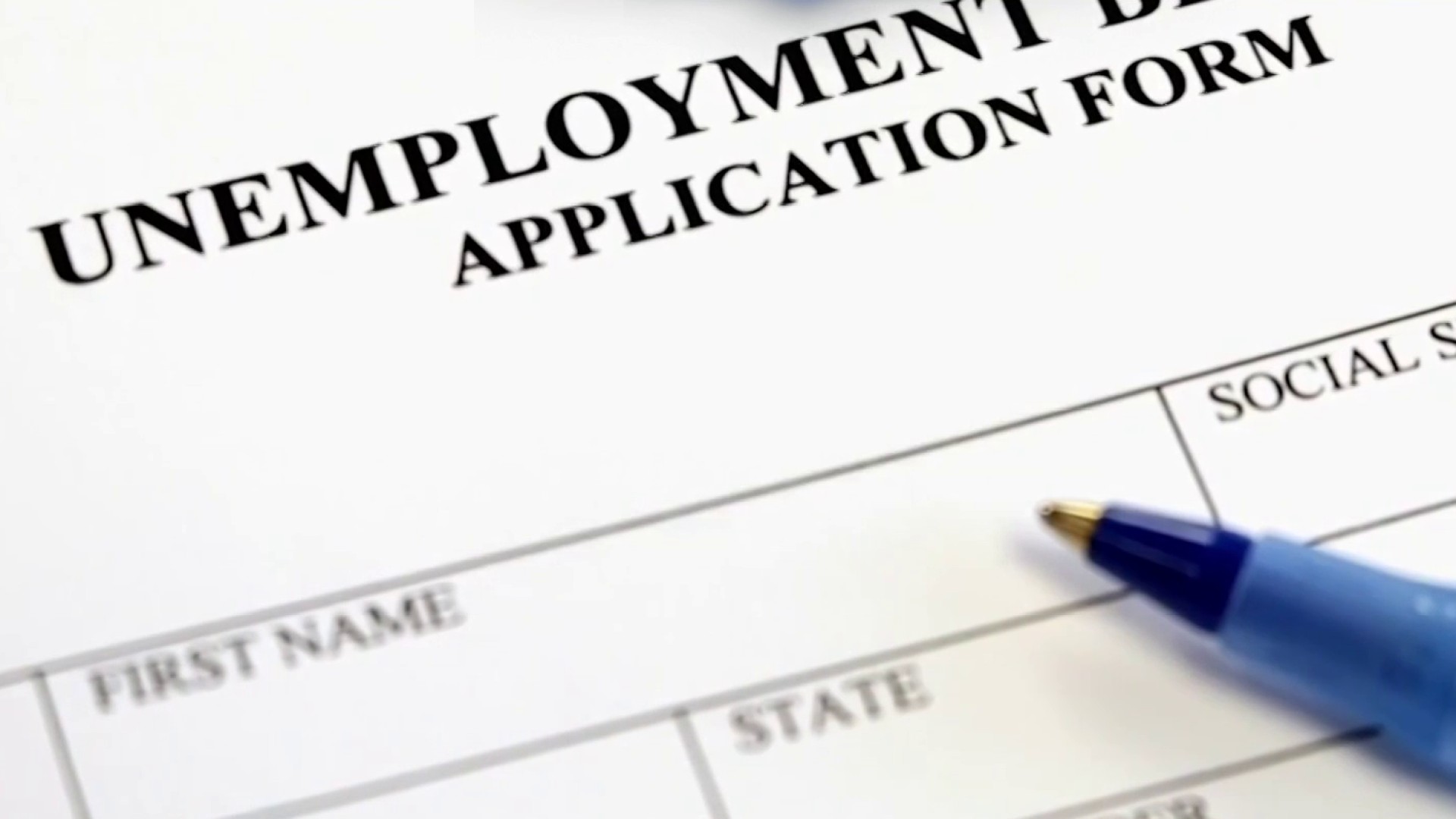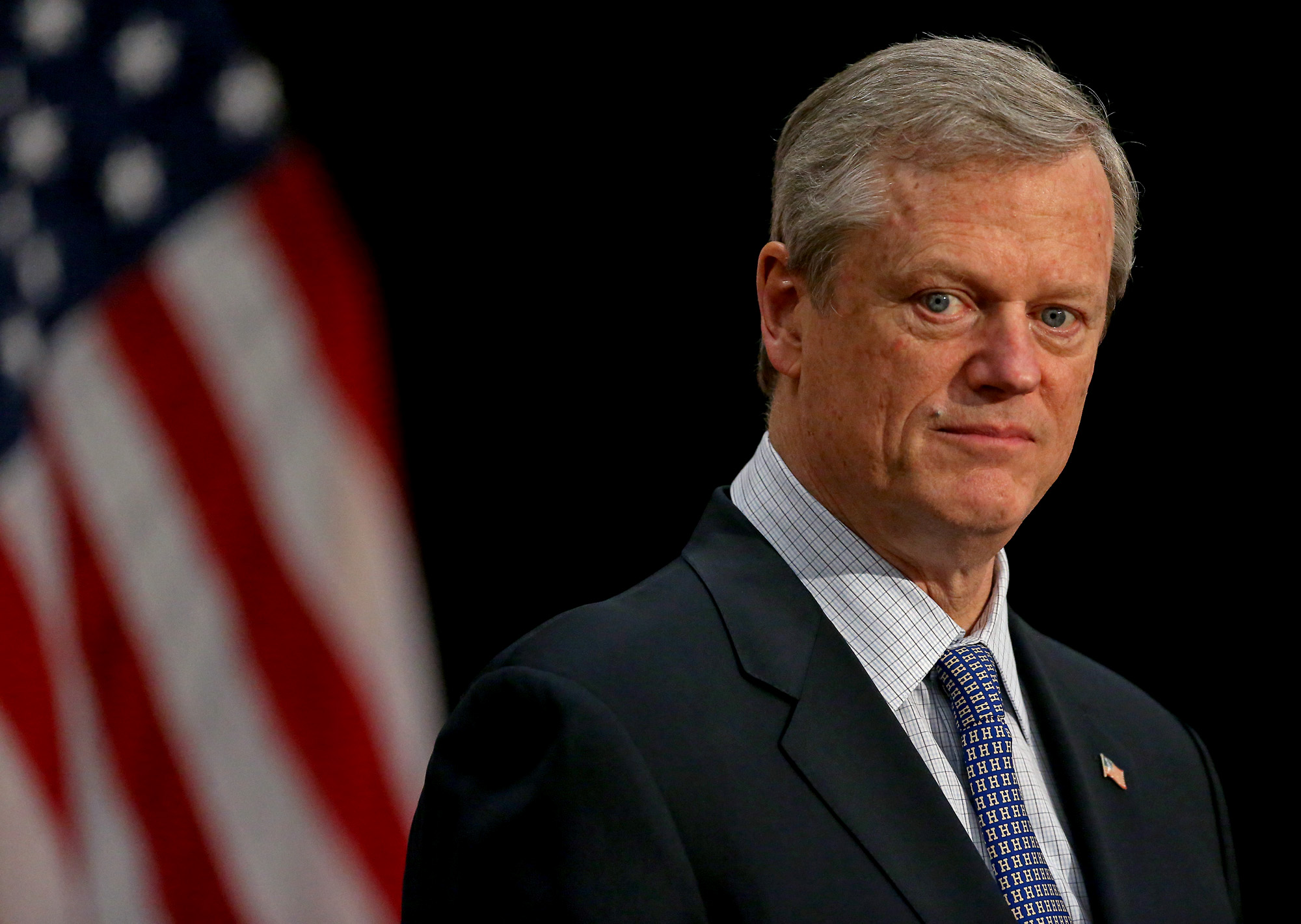Massachusetts Gov. Charlie Baker signed into law Wednesday a bill to restore pandemic-era policies including remote public meetings, to-go cocktail sales, eviction protections and more, according to Senate President Karen Spilka.
Senate President Karen Spilka thanked the governor via Twitter Wednesday for signing a deal about 13 hours after the legislature sent Baker a partial compromise temporarily reinstating some policies that lapsed with Tuesday's lift of the state of emergency and preventing others from expiring.
WATCH ANYTIME FOR FREE
Stream NBC10 Boston news for free, 24/7, wherever you are. |
Baker's COVID-19 state of emergency ended at 12:01 a.m. Tuesday, without a law passed to prevent the expiration of certain orders and legislation linked to the emergency declaration.
House and Senate lawmakers say they plan to keep negotiating on some of the COVID-19 policy measures.
Get updates on what's happening in Boston to your inbox. Sign up for our News Headlines newsletter.
The bill they passed Tuesday evening, which represents areas of common ground between the two branches, would extend the eviction protections and permission for virtual public meetings through April 1, 2022, and keep special permits for expanded outdoor dining in place through that same date.
It also allows restaurants to sell beer, wine and cocktails to-go until May 1, and temporarily extends the authorization for representative town meetings, notary services and reverse-mortgage loan counseling to occur remotely.
"These temporary provisions have been helpful to businesses, municipalities, health care providers, residents and communities during this extraordinary time," Spilka, House Speaker Ronald Mariano and Ways and Means chairs Sen. Michael Rodrigues and Rep. Aaron Michlewitz said in a statement Tuesday night. Before the bill was passed Tuesday, Baker described the extensions as "a very-much-on-the-minds-of-everybody priority."
After the Senate passed a post-emergency bill last week, the House approved an amended version on a 146-14 vote Tuesday afternoon, and both branches held their session open for the rest of the day to work out a deal.
An agreement on some of the bill's provisions emerged around 7 p.m., when a conference committee led by Ways and Means Chairs Sen. Michael Rodrigues and Rep. Aaron Michlewitz filed a partial report with the Senate clerk's office.
"We remain committed to working with the House in the near term to resolve the additional policies that did not make it ... into today's conference report," Rodrigues said before the Senate took up the compromise. "Given that the state of emergency has already expired, this partial report is especially necessary to ensure critical policies remain in place."
Approved by the Senate just after 8 p.m. and in the House about 20 minutes later, the bill (S 2475) allows remote meetings of public bodies until April 20, 2022, and it includes language drawn from a Rep. Alice Peisch amendment that says if the law does not take effect until after the emergency's end, "a public body may provide for remote meetings as specified in this section and any action taken thereof shall be ratified, validated and confirmed as if this section had been in place."
It also temporarily reinstates remote permissions for representative town meetings, nonprofit member meetings, notary services and reverse-mortgage loan counseling, along with eviction protections, flexibilities for assisted living residences, and the ability for medical assistants, podiatrists, phlebotomists and certain military personnel to administer COVID-19 vaccines.
In a compromise between the Senate's date of March 1, 2022 and the House's July 31, 2022, the bill would permit to-go beer, wine and cocktail sales by restaurants through May 1, 2022. It includes House language requiring that takeout and delivery drinks be sold at the same prices as those consumed on-site.
Special permits for expanded outdoor dining, which would otherwise expire in 60 days, would be valid until April 21, 2022 under the bill.
Other matters, including Senate-backed billing protections for COVID-19 care and a House-approved cap on fees that delivery apps charge restaurants, remain before the conference committee.
Senate President Karen Spilka, House Speaker Ronald Mariano, Michlewitz and Rodrigues said in a joint statement that they would "continue working together to resolve items in the near-term that were not included in today's Conference report, which deserve further consideration."
Final procedural votes before 9 p.m. sent the bill to Baker. The House enacted the compromise on a 150-10 vote, and the Senate took a voice vote.
Baker said earlier that afternoon that he hoped to get a bill from lawmakers "at some point in the next few days."
"The big challenge will just be the bumpiness in the next couple of days until something actually gets to our desk," he said.
Baker was not expected to sign the bill until Wednesday, at the earliest, according to a senior administration official.
Open meeting law guidance posted by Attorney General Maura Healey's office Tuesday advised public bodies that they must meet with at least a quorum of members physically present, in an open and publicly accessible location, "unless and until" the Legislature passes a bill to extend remote-meeting authorization. The guidance encouraged that they still offer a way for the public to view proceedings remotely.
Along with the ability to hold public meetings virtually, other provisions that lapsed Tuesday morning include restaurants' ability to sell alcoholic beverages with takeout orders and the delivery-fee cap.
Asked if lawmakers "dropped the ball" in not passing a bill before Tuesday, the Republican governor opted against taking a jab at the Democrat-controlled Legislature.
"I do think that this is a very-much-on-the-minds-of-everybody priority," Baker told reporters. "We talked to both branches about this several times. There's obviously been a ton of incoming that they've been dealing with on both sides of these issues and I know that because I've seen many of your report[s] on that fact. So I think for them, landing in a place they were comfortable with on those issues, required a little bit of engagement with the affected constituencies. I do hope that we get something in a few days so that we can just sort of put this to bed."
Baker on May 17 announced his plans to lift the state of emergency on June 15, and legislative leaders quickly sought a list from the administration of all orders and regulations that would be affected.
The Senate passed its policy extension bill last Thursday, June 10, and the House informed members Friday that they should be ready to take up an amended bill Tuesday at 11 a.m., about 11 hours after the end of the emergency.
Michlewitz said Tuesday that the schedule adhered to the remote voting procedures under the House's emergency rules.
"We had to give a full day of an amendment process through our remote voting," he said. "This is the process that we have laid out in temporary rules and we had to allow it to go through, which meant bills go on the floor at 12, amendments being due at five o'clock. We wanted to have a full day. "



